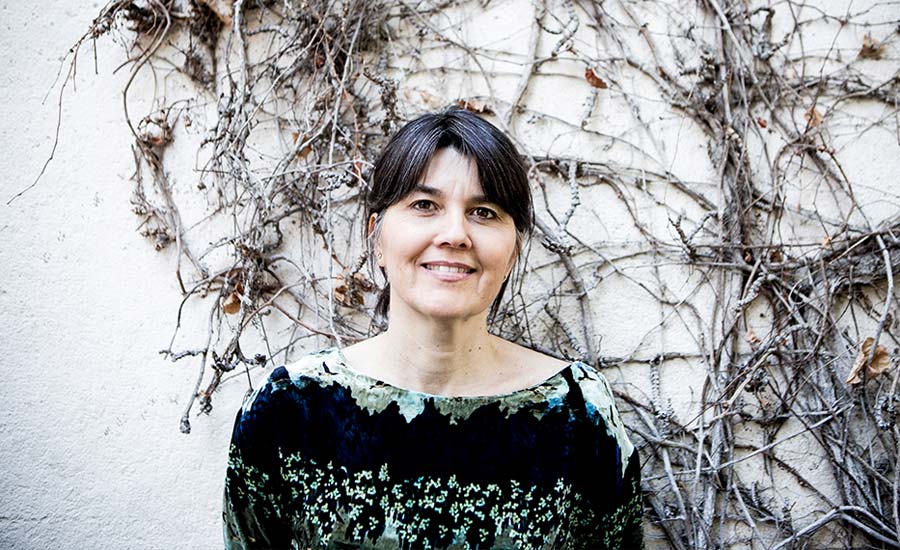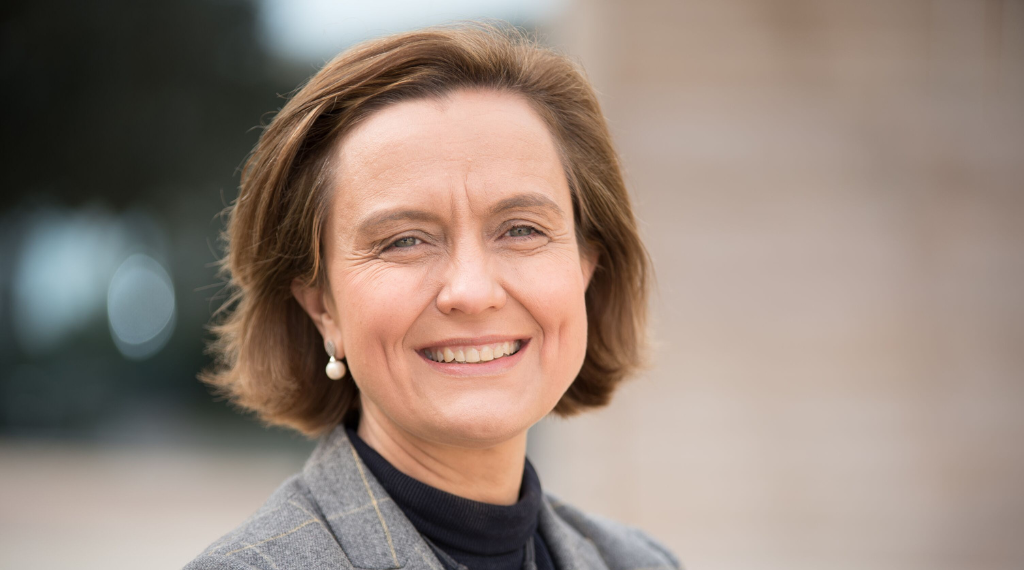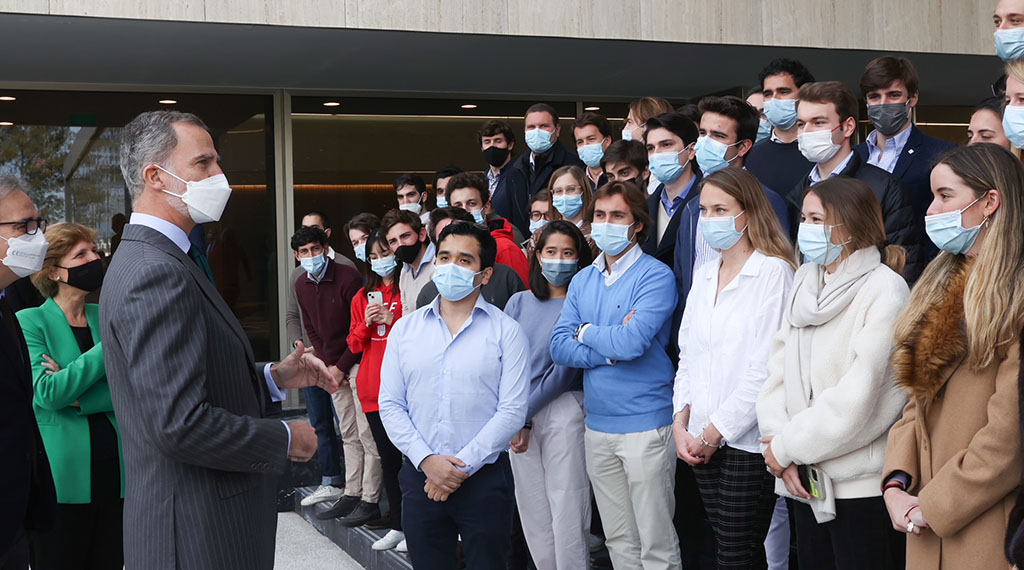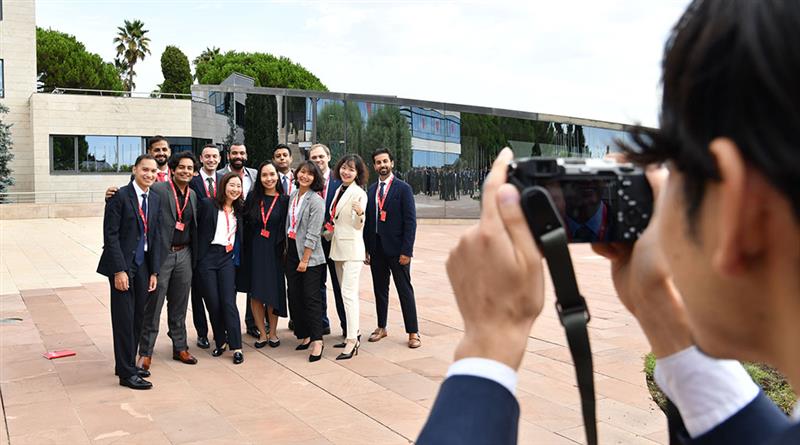Stories
María Belón : “Life is an incredible gift”
A tsunami survivor learns about resilience, preparation and prioritizing what truly matters
For María Belón, traumatic experiences allow us the “possibility to profoundly understand what truly matters in life.”
Photo: Maria Dias
March 26, 2019

“My name is María Belón, and I, like all of you, have survived a tsunami.” This is how María Belón, the real-life heroine of the 2012 film The Impossible, began her talk at IESE’s recent Executive MBA Day.
Belón defines herself as a “normal person who had the luck to live an exceptional experience,” in reference to the Indian Ocean earthquake and tsunami that struck the beach where she, her husband and three sons – Lucas (10), Tomás (8) and Simón (5) – were vacationing in Thailand in 2004. The five were swept away by the wave, and, against all odds, all five survived.
For Belón, a tsunami can be any “giant wave that hits us in life, provoking bruises, injury, confusion and asphyxiation.” A doctor and lawyer by profession, Belón says these tsunamis may be caused by “failure, an accident, illness or loss”; they affect our “entire being,” inundate “body and soul.” The positive side of all this, according to Belón, is that this type of experience offers the “possibility to profoundly understand what truly matters in life.”
“The unexpected always arrives when the possibility is forgotten,” said Belón, paraphrasing Constantine Cavafy, a 20th century Greek poet. And it reminds us that the strength of human beings is “much greater” than the limits we set for ourselves.
Fifteen years after that traumatic experience, which left physical and psychological traces for years, Belón says that experiences that are difficult and even painful are “common to all people.” This is the reason she became involved in the film, directed by Juan Antonio Bayona and starring Naomi Watts, both in the screenplay and in the filming. She was obsessed with the idea that Bayona make a film that spoke “to all human beings,” she said.
“Life is an incredible gift that lasts a very short time,” she added.
At 53, Belón still remembers the nightmares that she suffered almost every night following the birth of her first child, Lucas: “I dreamt that a giant wave reached the coast and swallowed my children,” she said. That recurrent nightmare, which became reality, gave her the answer to a key question: “What is the meaning of my life?”
Belón recounts that when she emerged from the wave, still in shock, she understood that the most difficult thing in life was loneliness and the most important was love. “I spent those days of struggle between denial as a protective mechanism and the realization that I was living my worst nightmare, the one that had been with me always,” she said.
Thanks to this “gift,” as she defines the impact of the tsunami, Belón learned three valuable lessons: the importance of solidarity, or making someone else’s cause your own; that value of a sense of humor even in the most tragic of moments; and the human capacity for resilience.
Before the audience of EMBA alumni and their families, gathered on the Barcelona campus, Belón said that fear must be understood as a motor for growth and not as something that “paralyzes and harms us.”
“Those days I learned that fear could be useful and serve as an opportunity to continue learning from life,” she said. She encouraged executives to apply these recommendations in their daily lives, at home and at work, and to prioritize what truly matters.
Belón said that she herself cannot understand why she and her family are alive, while 230,000 other people died that December day. “I can’t say why, but I can say what for,” she said. The death-defying experience taught her that we must seek happiness in everything we do, no matter how small.


